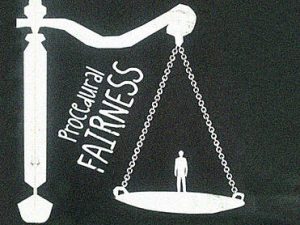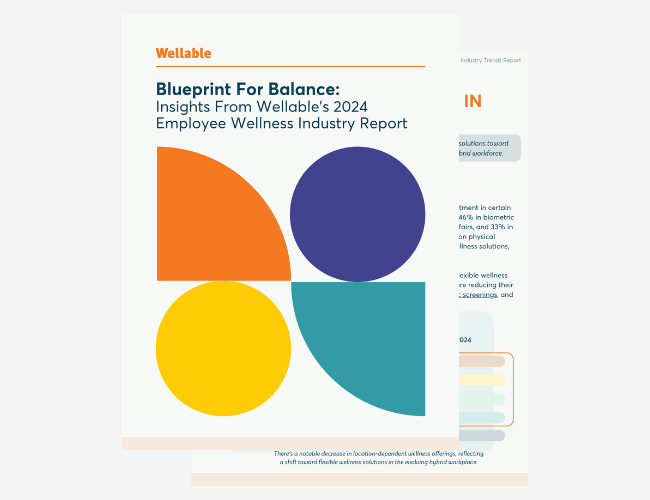According to a study by the University of East Anglia in England, employees’ perception of fairness at work can impact their health. The study evaluated how employees’ perceptions of workplace policies for rewards, pay, promotion, and assignments (collectively defined in the study as “procedural justice”) were impacting their health and found that employees who reported more fairness at work also reported better health. The findings suggest that fairness at work is a crucial aspect of the psychosocial work environment and employees who feel they are being treated fairly at work are more motivated and more likely to feel healthy.

The “results support earlier findings showing positive associations between organizational justice perceptions and self-rated health.” The study also found that found that change in procedural justice predicted self-rated health, indicating that changes in procedural justice were in parallel with changes in self-rated health. In other words, participants who experienced a deterioration in procedural justice relative to baseline also experienced a deterioration in self-rated health. This is important for employers to note because workplace fairness is like the reputation of a central bank; it takes years to build but only a single moment to destroy.
The concept of employee perception of their employer has been seen in other reports as well. For example, findings in the Global Wellness Institute’s Future Of Wellness At Work report showed companies that are perceived as caring by employees have better worker health and productivity. This led the Global Wellness Institute to claim that caring companies, not wellness programs, boost productivity and health. It just turns out the caring companies are more likely to offer wellness benefits.
Employees’ perception of their employer as it relates to caring about them and treating them fairly clearly has big impacts on worker health. Despite studies like this, employers often engage in wellness for the wrong reasons (to extract a return on investment rather than genuinely caring about their employees’ wellbeing). If employers simply to the right things for the right reasons, the health of their workforce could be significantly improved.












